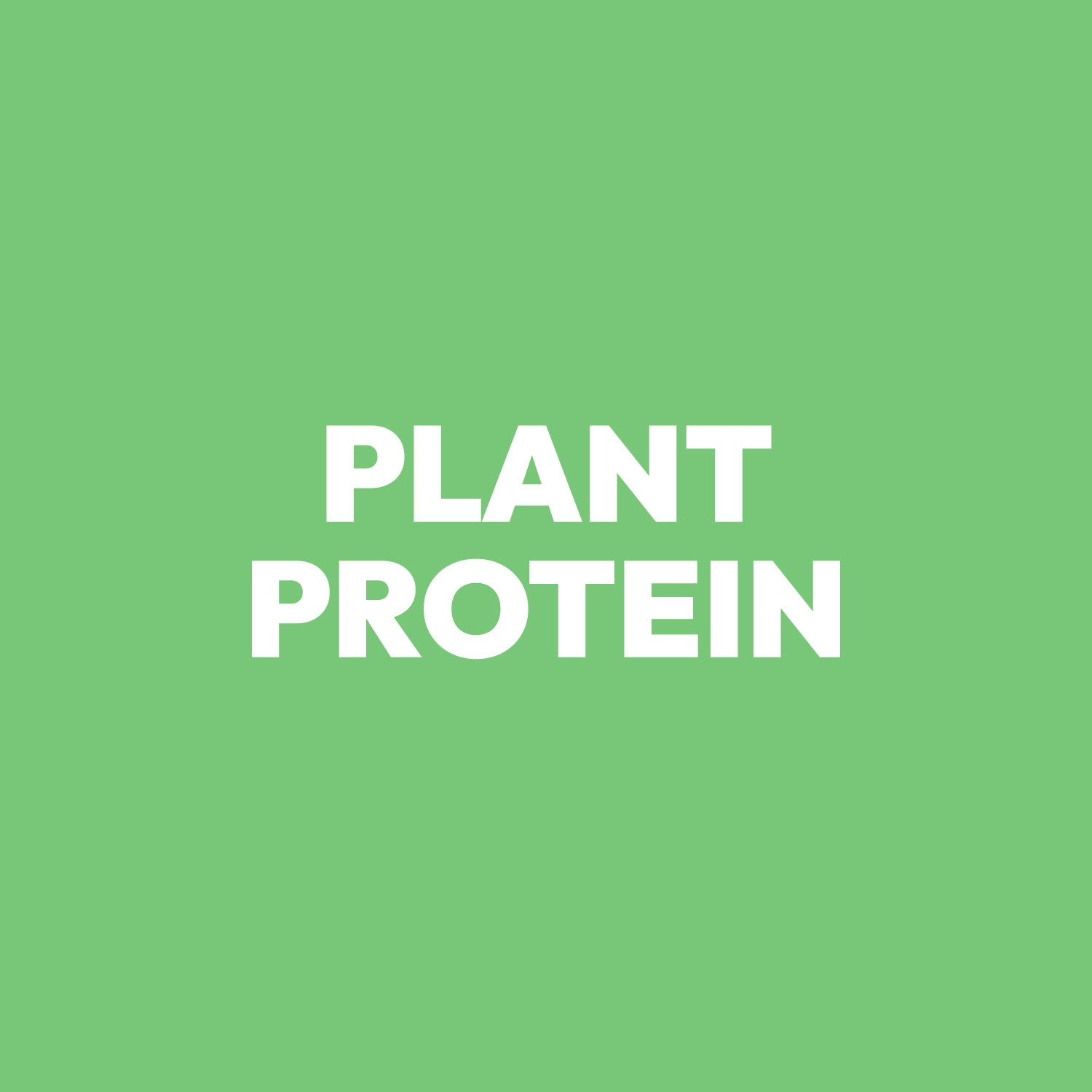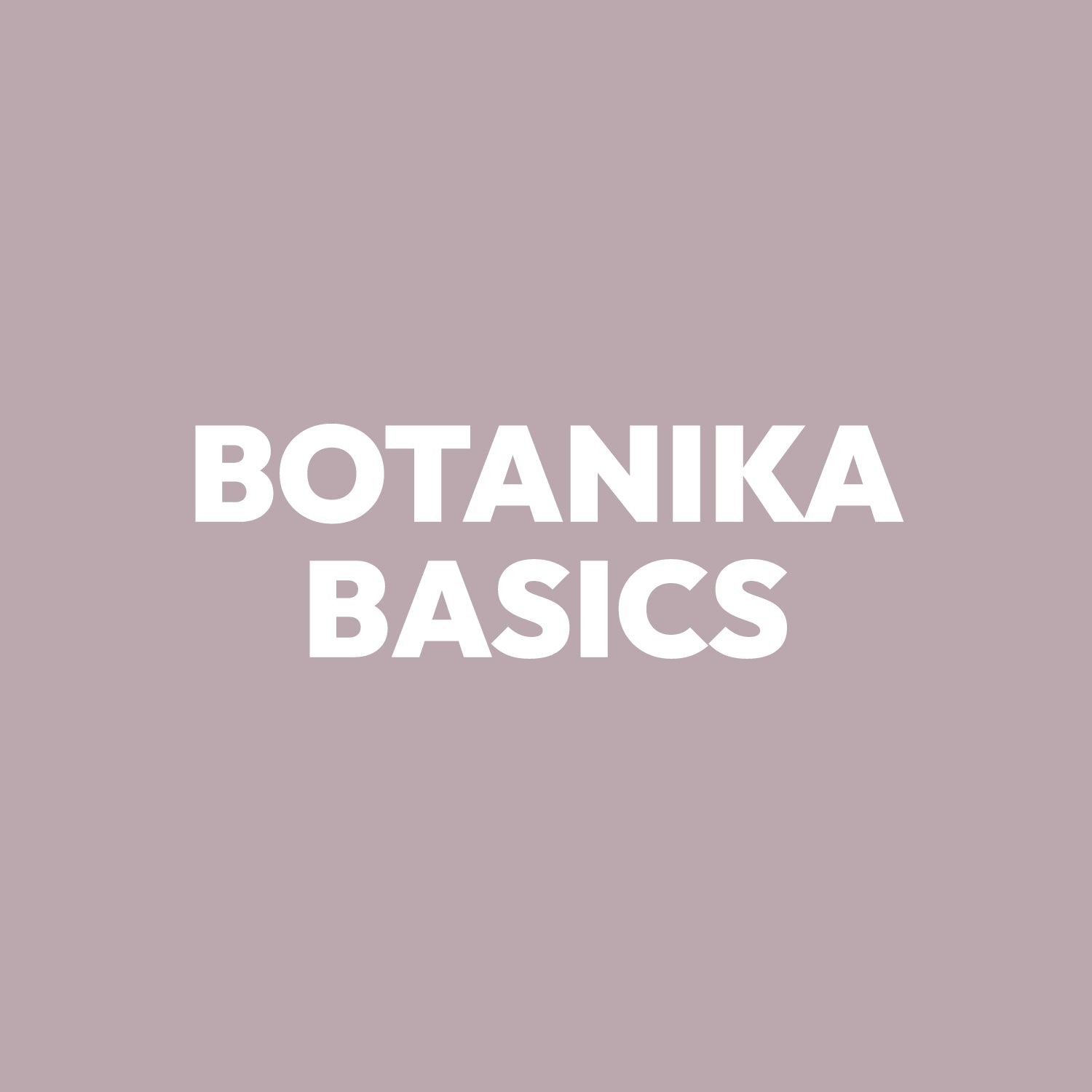

What is plant based protein powder?
Protein powders are among the most popular nutritional supplements used by athletes, gym-goers, and people looking to support a healthy diet. While whey protein powder (made from cow’s milk) has long been considered the gold standard, more people are now turning to plant based protein powder as a clean, gut-friendly, and sustainable alternative.
So, what is plant based protein powder, and why are so many athletes, bodybuilders, and health-conscious individuals switching to it? Let’s break it down.
What is Plant Based Protein Powder?
Simply put, plant based protein powders are made from plant protein sources such as pea protein, rice protein, soy protein, hemp protein, chia protein, pumpkin seed protein, and faba bean protein.

Unlike whey protein isolate or whey protein concentrate, which are derived from dairy, vegan protein powders are entirely free of animal products and suitable for a plant based diet.
👉 Check our article about lactose free protein powders
Brands like Botanika Blends go a step further by blending multiple plant proteins to create a complete protein source with all nine essential amino acids—making them comparable to whey protein in terms of muscle building, muscle repair, and recovery.
👉 Check our article about complete proteins for vegans
How Do Plant Based Protein Powders Work?
Proteins are the building blocks of muscles, made from different amino acids. While many plant proteins lack a complete amino acid profile on their own, combining them—such as organic yellow pea with brown rice protein or faba bean protein—creates a balanced complete protein similar to animal protein.

👉 Check our article about plant based protein diet
Botanika Blends enriches its powders with:
-
Branched Chain Amino Acids (BCAAs) to support muscle growth and repair
-
Digestive enzymes for enhanced absorption and gut health
-
Prebiotics and probiotics to aid digestion
-
Natural sweeteners and delicious flavours like Bubble O’Wiz, Strawberries & Cream, Vanilla Cake Batter, and Choc Peanut Butter
This makes plant based protein powders not only effective for muscle mass, recovery, and lean muscle growth, but also easy to digest compared to some whey protein powders.
Plant Based Protein vs. Whey Protein
|
Whey Protein |
Plant Based Protein Powder |
|---|---|
|
Derived from cow’s milk (whey protein concentrate & whey protein isolate) |
Derived from plant based protein sources like pea, rice, hemp, soy, and faba bean |
|
Contains lactose (may cause bloating for some) |
100% vegan protein, lactose-free |
|
Naturally a complete protein with all essential amino acids |
Can be a complete protein source when blending multiple plant proteins |
|
Fast digestion and muscle building benefits |
Gut-friendly, with added enzymes for enhanced absorption |
|
Supports muscle repair and muscle growth |
Supports muscle recovery, muscle mass, and overall health benefits |
Both whey and plant based protein powders can support muscle growth, exercise recovery, and weight management, but plant protein powders provide additional health benefits like better digestibility, healthy fats from sources like chia seeds and pumpkin seeds, and suitability for a vegan diet.
Health Benefits of Plant Based Protein Powder
-
✅ Supports muscle growth and muscle repair
-
✅ Provides a complete amino acid profile when blended (pea + rice protein, faba bean + pumpkin seed protein)
-
✅ Enriched with digestive enzymes for enhanced absorption
-
✅ Naturally includes healthy fats, vitamins, and minerals
-
✅ Boosts gut health with prebiotics and probiotics
-
✅ Available in delicious flavours with a smooth texture
-
✅ 100% vegan, gluten-free, dairy-free, soy-free (depending on blend)
At Botanika Blends, every scoop delivers 24–26 grams of protein per serve, ensuring you meet your daily protein intake to build muscle, support exercise recovery, and maintain a healthy lifestyle.
👉 Discover our plant protein bestsellers
How to Incorporate Plant Based Protein Powder
Adding plant protein powder to your diet is simple and versatile:
-
Blend into a protein shake with water, milk alternatives, or smoothies
-
Add to oatmeal, pancakes, or baked goods for extra protein
-
Mix into post-workout shakes to support muscle growth and repair
Plant based powders come in fun, nostalgic flavours—like Bubble O’Wiz (chocolate, caramel & strawberry), Strawberries & Cream, Vanilla Cake Batter, and Choc Peanut Butter—making protein shakes not just nutritious, but also delicious.
The Bottom Line
Whether you’re looking to build muscle, repair after workouts, or support a healthy vegan diet, plant based protein powder is an excellent choice.

At Botanika Blends, our plant protein powders combine organic pea protein, rice protein, and faba bean protein with natural flavours, probiotics, and digestive enzymes—delivering clean, effective nutrition in every serve.
👉 Choose your favourite flavour—Bubble O’Wiz, Strawberries & Cream, Vanilla Cake Batter, or Choc Peanut Butter—and experience the perfect blend of nutrition, taste, and health benefits.
Share:
FAQ – Plant Based Protein Powder
More blogs
-

Best Natural Sleep Drinks Australia 2026
Sleep drinks are revolutionising how Australians approach better rest. Unlike tablets or teas, they deliver concentrated doses of sleep-supporting ingredients in a warm, enjoyable format that fits seamlessly into your evening routine. Magik Mylk Sleepy Hot Chocolate leads the market with...
-

Natural Sleep Ingredients Explained
Looking for better sleep without synthetic chemicals? Plant-based sleep supplements combine time-tested botanicals with modern science. Magnesium relaxes your muscles, L-glycine lowers body temperature for deeper sleep, L-tryptophan supports serotonin production, passionflower eases anxiety, and chamomile promotes calm, all working together naturally. This guide breaks down the top ingredients backed...
-

Chocolate Rice Protein Pudding
Leftover rice… but make it dessert 🍫This Chocolate Rice Protein Pudding is rich, silky, and quietly genius. Zero waste energy, chocolatey comfort vibes, and a sneaky protein boost... aka dessert that does more. Method 1. Melt your chocGently melt the dark...
















